Is Love Island appropriate for teenagers? 6 tips for parents of teens wanting to watch the show
We asked a child psychologist what parents should do...

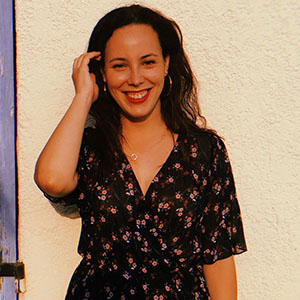
Lucy Wigley
Love Island is often the source of playground chatter, but is it suitable for teenagers? A child psychologist shares her thoughts and parents discuss their views.
There are many questions raised from watching Love Island, one of them being why did Laura Whitmore leave Love Island, and where the locations of the show can be found when it's shot for other countries - Love Island USA filmed in an absolutely stunning location. Importantly, avid fans want to know which Love Island couples are still together, as the drama continues once contestants go home and their sometimes turbulent relationships continue making headlines.
As it goes from being a series to settle down and watch once the kids are firmly tucked up in bed, parents are finding older children showing an interest in the antics of muscled men and bikini-clad girls. With more access to social media than ever before, teens are unlikely to miss the internet lighting up with news from the Casa Amor. This is prompting a further question that parents need to think carefully about: Is Love Island suitable for teenagers?
We spoke to child psychologist Emma Citron, who suggests Love Island could be a good way to start meaningful conversations with teens. She says "I would say there are worst things to try and stop them from seeing. We need to accept the fact that youngsters are watching inappropriate content already - it's not ideal but it happens, and I think this is a battle that probably is not worth fighting."
6 tips for parents of teens wanting to watch Love Island
- Teens are likely to see worse content online. This is a sad fact, but when compared to research suggesting 45% of children aged eight to 17 have viewed material they felt was inappropriate or worrisome, Love Island doesn't seem quite so bad.
- Flip the genre. Emma suggests presenting the series to teens as more satirical, rather than a serious reflection on dating. She says "It's about getting into a conversation and communicating with our youngsters as in saying 'watch this as a comedy show if you really want to but this tells us nothing actually about relationships at all.'"
- Have a conversation about what healthy relationships look like. Reiterate that no normal relationship would begin in the way Love Island relationships do. Instil the values of honesty, trust, respect and great communication, that relationships need to thrive - view Love Island as a 'how not to', rather than a 'how to.' Emma adds "Tell your teen that most of us choose to live meaningful purposeful lives with secure and happy relationships and Love Island is not the breeding ground for that. There may be the odd relationship that goes on to flourish but essentially, this is entertainment."
- Emphasise the show being a game. Emma highlights the importance of making it clear that there's a cash prize involved, adding pressure to relationships - contestants will do what it takes to win, and won't be thinking about the importance of modelling a good relationship. Emma says "It's important to make young people aware that the contestants are under this huge pressure to win the prize and that most of us, thankfully, are not under this kind of pressure - and nor should we be, because we're likely to make poor choices."
- Have a conversation about the pressures of adulthood. This is a good time to tell your teen there isn't competition or pressure when it comes to making important life decisions, as the show depicts. Sharing her thoughts, Emma says "The concept of pressure is a useful one too and this is an artificial hothouse, which is actually heavily money driven. That's a very good point to make, because in the future when friends are getting engaged or be partnering off, it often means that there's pressure for others to follow suit. When teens become adults they should do what's right for them, in their own time and not feel under any pressure."
- Body image is important. Apart from the occasional curvy woman who makes it onto the show, the men are usually sculpted to perfection, and the women have taut tummies and not a hint of cellulite. This is an excellent opportunity to let teens know that most people looking like this have won some sort of genetic lottery, and this isn't the norm. Bodies come in all shapes and sizes, and with no expectation to look a certain way or not have imperfections. "These are the conversations that we want to be having with our children anyway around the table and out and about in the car," Emma tells us about body image, adding "It's all about dialogue and discussion, using it as a platform for meaningful conversations around a topic and listening to your youngsters."
Mum-of-three Connie, tells us she wouldn't let her teens watch the show. She says "Although I agree there's worse content to be found online, I still don't want my teenagers watching Love Island. There seems to be so many conversations to be had about other important issues, I don't want to worry about extra ones relating to reality TV, particularly a series I wouldn't put at the top of my watch-list."
Mum-of-two Amy, disagrees. She tells us "Love Island was definitely a 'guilty pleasure' watch for us when the kids went to bed. Now they're older and the eldest asked to watch it, I was reluctant at first, but it's definitely allowed us to embrace some important topics. We've covered everything from working out safely to what to expect when dating starts - and how different that will be to Love Island. Importantly, it's allowed us to have a few laughs together - I trust my teen to realise what's not real life and not a reflection on how they should behave."
For more on teens, those who display one important quality during adolescent friendships make great parents. If you're struggling to get through to your teen, reflective parenting could help them manage their big emotions.
GoodtoKnow Newsletter
Parenting advice, hot topics, best buys and family finance tips delivered straight to your inbox.

Mariana is a lifestyle writer who has written for Goodto.com and My Imperfect Life. She joined the Goodto.com team as an intern after completing her journalism MA at City University. After six months spent writing about food, celebrity news, and family trends, Mariana left to write for Healthy Food magazine - but returned in 2017, to join the Future team once again. In her spare time, you’ll find Mariana in the kitchen cooking for her friends.
- Lucy WigleyParenting writer - contributing
-
 The 'incredibly helpful' 30-second rule – liked by nearly 2 million people – that your kid needs to know about
The 'incredibly helpful' 30-second rule – liked by nearly 2 million people – that your kid needs to know aboutThis useful piece of advice is worth remembering for all of us, not just our children
By Adam England Published
-
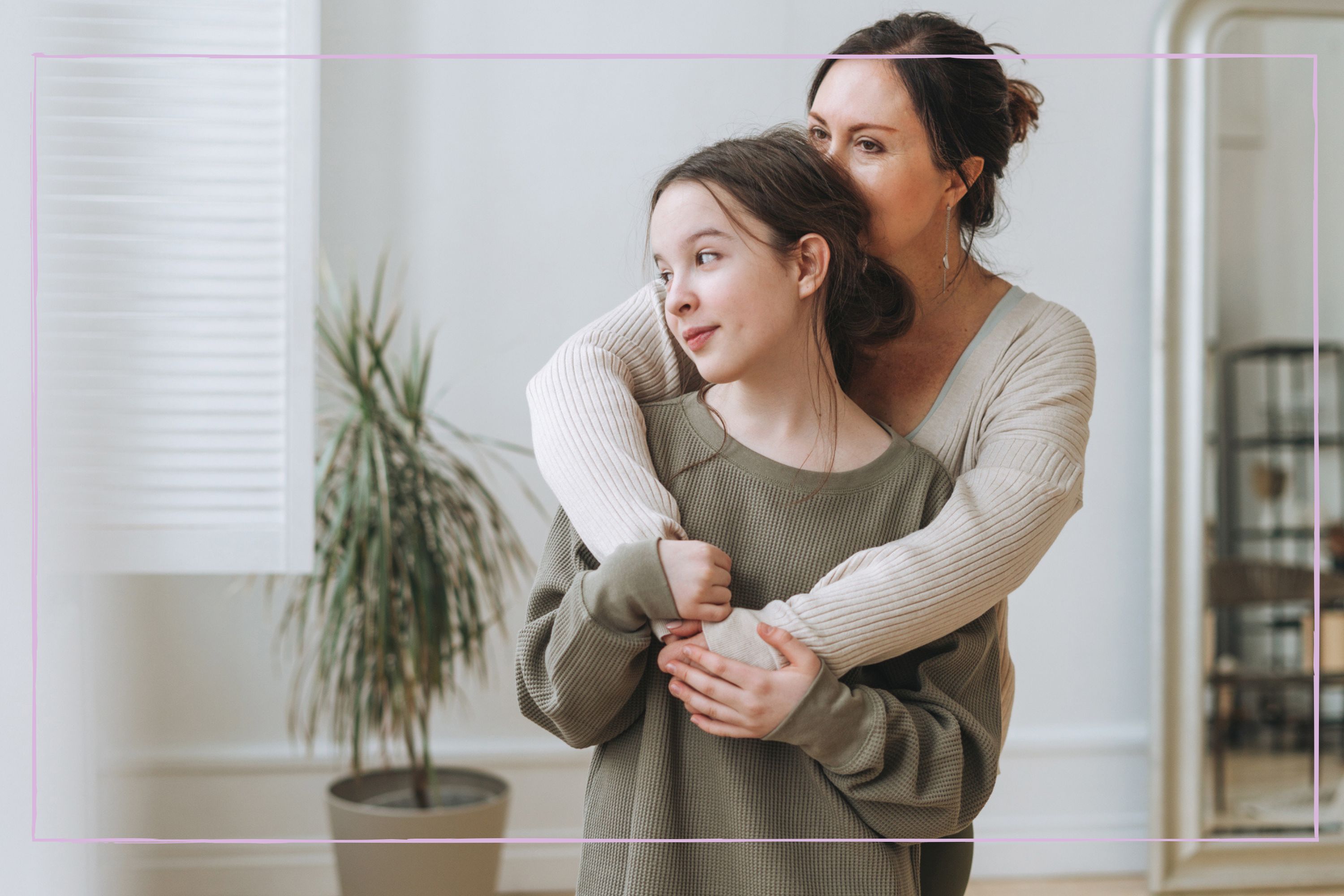 Strong willed teens don’t need to be ‘tamed,’ they need to be nurtured - expert shares how
Strong willed teens don’t need to be ‘tamed,’ they need to be nurtured - expert shares howIt might surprise parents when their strong willed child remains that way into the teenage years - instead of crushing this part of their temperament, an expert shares how to nurture it.
By Lucy Wigley Published
-
 We ask teenagers what they wish their parents had done differently, and their answers are surprisingly candid
We ask teenagers what they wish their parents had done differently, and their answers are surprisingly candidA lot of parents will wonder if their kids wish they'd done some differently, but never get to find out. We got to ask some teens this question, and here's their candid answers.
By Lucy Wigley Last updated
-
 9 things I'm doing to teach my teenage son about 'toxic masculinity'
9 things I'm doing to teach my teenage son about 'toxic masculinity'Influencers are having a worrying impact on young boys' behaviour and attitudes
By Debra Waters Published
-
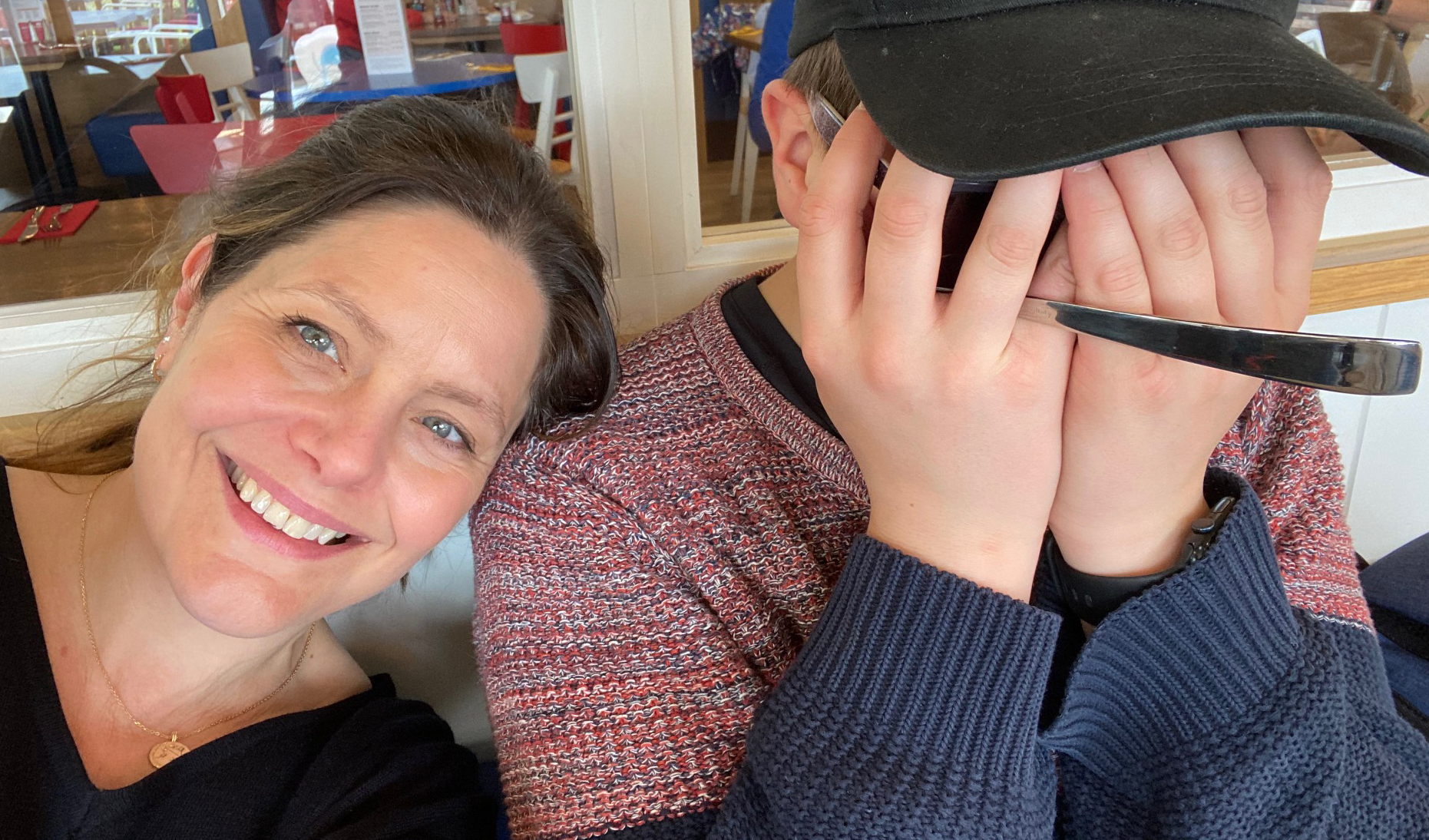 I have a 13-year-old son - here’s what I’ve found most difficult about parenting a teenager, and you might be able to relate
I have a 13-year-old son - here’s what I’ve found most difficult about parenting a teenager, and you might be able to relateMonosyllabic responses from our teenagers may sting, but it's normal
By Debra Waters Published
-
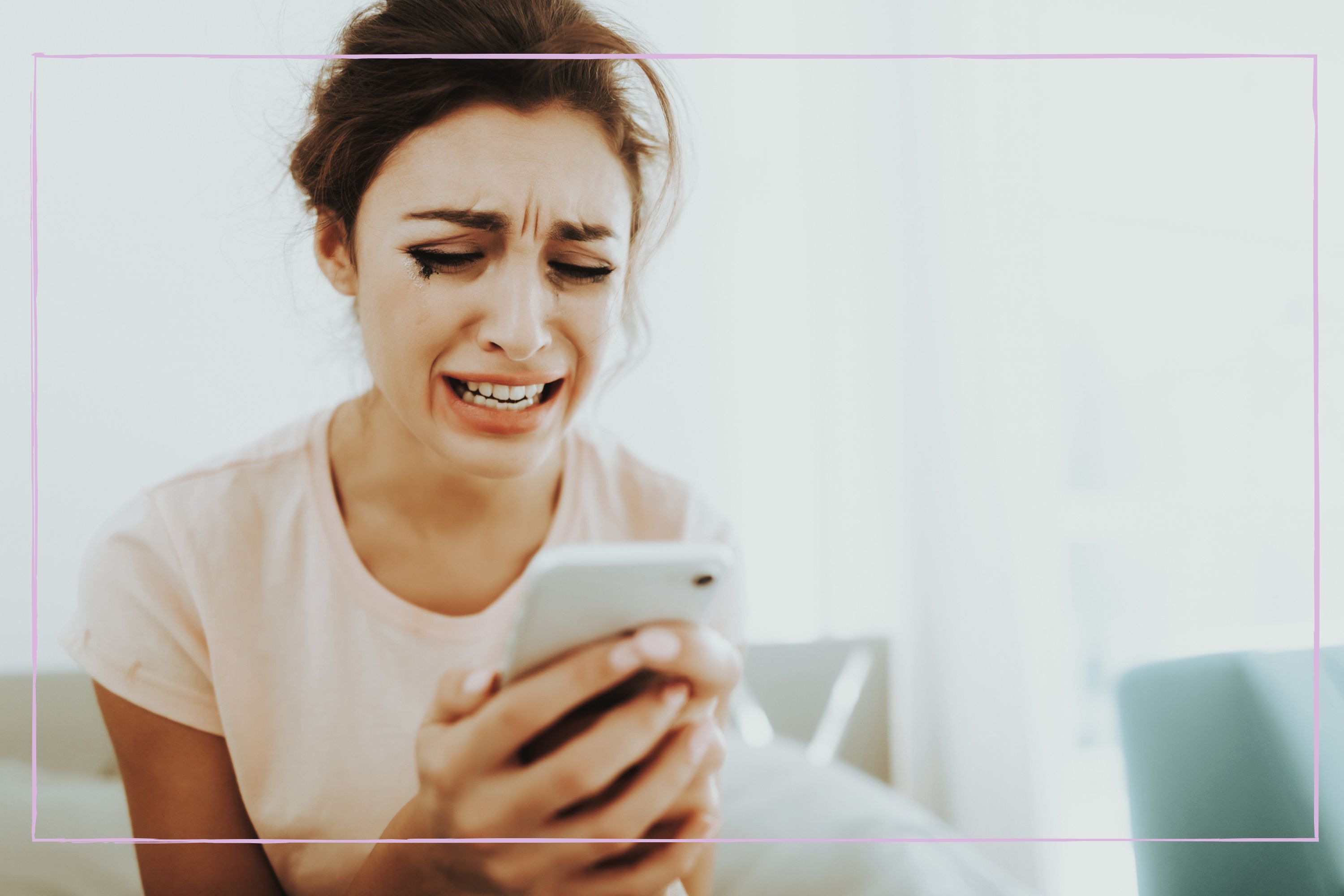 What is sadfishing? How to talk to your teen about this online trend, and the impact on mental health
What is sadfishing? How to talk to your teen about this online trend, and the impact on mental healthHave you been wondering what is sadfishing? An expert shares why parents should have a conversation with their teens about this potentially dangerous practice.
By Lucy Wigley Published
-
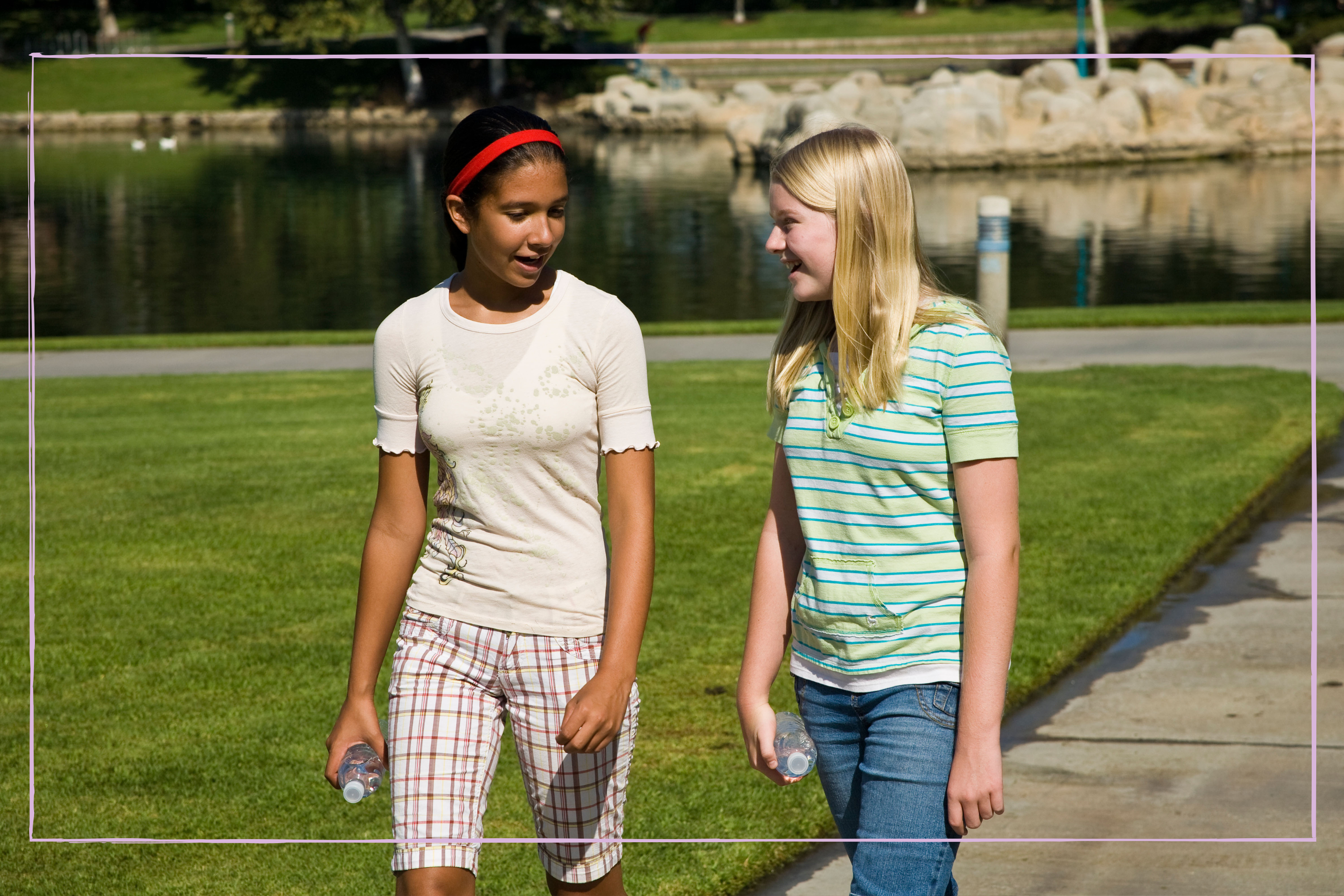 9 ways to let teenagers take positive risks this summer, according to an expert
9 ways to let teenagers take positive risks this summer, according to an expertHelp boost your teen's independence and confidence this summer with these small, manageable risks.
By Adam England Published
-
 What are 'Mickey Mouse' degrees? Expert reveals why this term is unhelpful for teens making higher education choices
What are 'Mickey Mouse' degrees? Expert reveals why this term is unhelpful for teens making higher education choicesWhat are 'Mickey Mouse' degrees? For teens embarking on those all-important higher education choices, it's an unhelpful term.
By Lucy Wigley Published